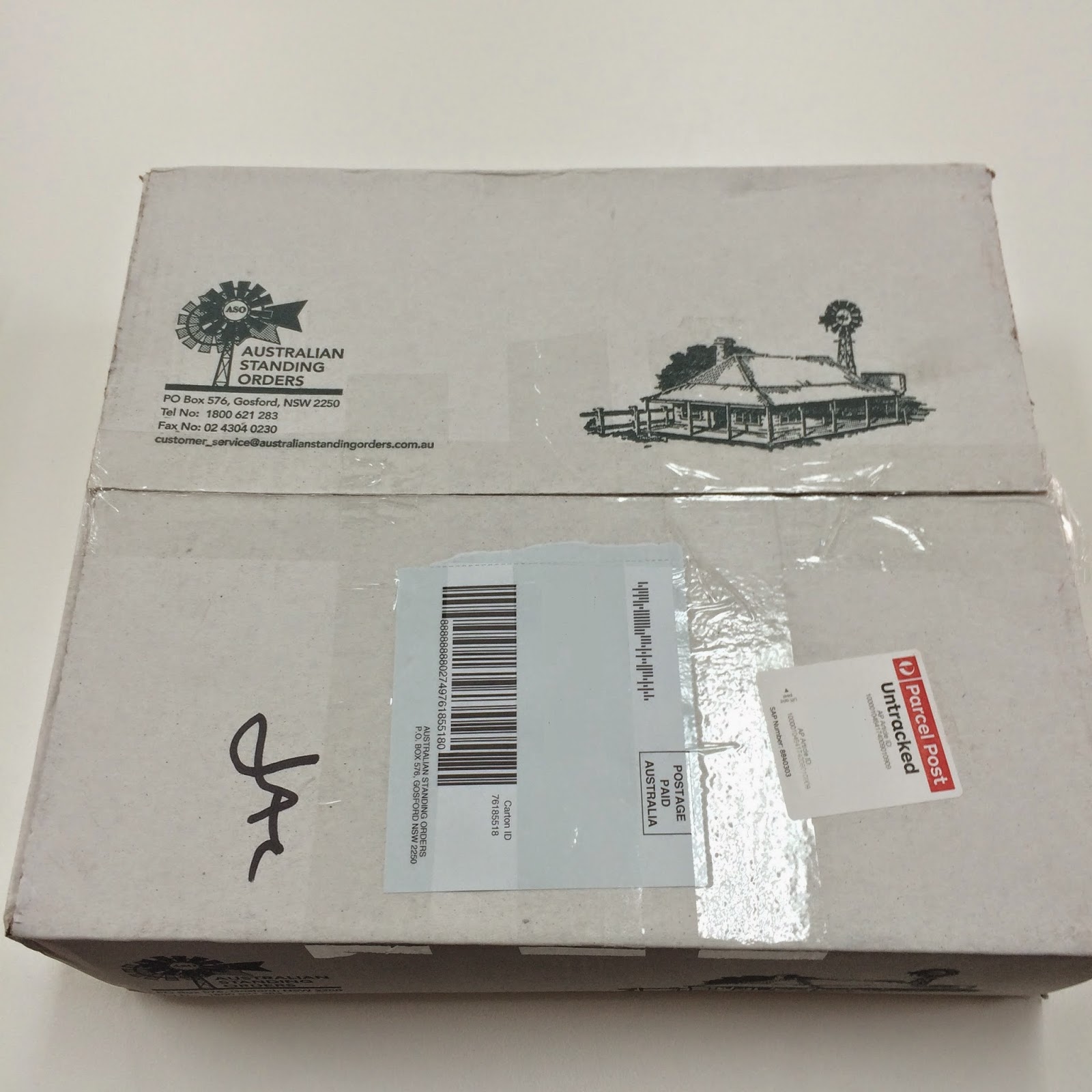There’s something so very special about getting a parcel in
the mail – and something else special again when you know it contains books. My
library got a lovely little package of books today and I was very tempted just
to sit it on the circulation desk and gaze at it adoringly all day long.
However (and even better!) both the library assistant and I knew it was full of
picture books and neither of us could resist ripping into it and seeing what
had been picked out for us.
And, honestly, who can resist reading their way through a
stack of shiny new picture books? If you’re able to resist that you’re a
stronger-willed person than I, that’s for sure. They were an eclectic collection today, and there were definitely some I enjoyed more than others, but there were one or two that I thoroughly loved and have already recommended to (read: pushed into the hands of) some students.
Title: Me and Moo
Author: P. Crumble and Nathaniel Eckstrom
Published: 2015
Pages: 23
This book has everything that makes for a winning picture book - adorable illustrations, an endearing narrator, and a simple, yet engaging storyline. I thoroughly enjoyed reading about Moo, chuckling along at the small jokes and absolutely fawning over the pictures. A quick read, even for a picture book, I encourage everyone to go and learn about the heart warming relationship between Moo and 'me'. 5/5
Title: Those Pesky Rabbits
Author: Ciara Flood
Published: 2015
Pages: 40
Another example of illustrations that had me delighted - I loved the huge roundness of Mr. Bear, but those little bunnies? So cute. I tried to feel sad for Mr. Bear, being swarmed by these 'pesky' new neighbours of his, but, truly, I knew where the story was going to end up and I was eagerly awaiting his happy new outlook on life. I wasn't disappointed. Charming story, adorable illustrations, beautiful all around. 5/5
Title: The Underwater Fancy-Dress Parade
Author: Davina Bell
Published: 2015
Pages: 32
Normally with picture books, it's the illustrations that really draw me in. I, naturally, always love a good story, but usually it's the wanna-be-illustrator in me that's picking up the book in the first place. This is one instance where, despite enjoying the illustrations, it was actually the story itself that I found myself loving. The central character of The Underwater Fancy-Dress Parade, Alfie, is a young boy with a rather nervous disposition. He's all set to play Captain Starfish in the school play, but at the last minute finds himself unable to go through with it. Alfie is blessed, however, with wonderfully supportive parents, who provide him with the love and wisdom needed for him to make his own progress. I don't know whether it was my own identification with Alfie's fear and anxiety, or whether it was just the virtue of the story itself, but I adored this one and am already looking forward to reading it again. 5/5
Title: Ride, Ricardo, Ride!
Author: Phil Cummings and Shane Devries
Published: 2015
Pages: 32
You never really have to go searching too far for a war-themed picture book. There are some truly fantastic ones out there, as well as plenty of mediocre ones, but I often feel that the sheer number of them out there makes it hard for any new ones to impress. I can't say that Ride, Ricardo, Ride will make it to the top of my go-to list for this theme, but it did have some interesting features of note. I particularly enjoyed that the soldiers themselves are never seen, nor even referred to as soldiers, but simply 'shadows'. I enjoyed the art work, though found the contrast between the highly saturated, almost oil-painting like main pages and the simpler, vintage-looking (think Blyton) line illustrations to be an interesting choice. 4/5
Title: This is Captain Cook
Author: Tania McCartney and Christina Booth
Published: 2015
Pages: 40
I can't quite decide if I liked this book or not, which is an uncomfortable place to be writing a review from. I thought the way in which the story was told (through the format of a school play) was quite interesting and something I'd never come across before. I really liked the quite realistic portrayal of the families, among whose silhouettes the reader is watching the play from, but the story and the play itself was quite dry and not necessarily an interesting read. I wanted to like this book more than I did, but it managed three stars from me on the basis of it's structure. 3/5
Unfortunately this was another example of a book that didn't quite hit the mark. It was an excellent example of alliteration and onomatopoeia if you're looking for something for your classroom, but the story itself fell short - both as an example of a text explaining the development of frogs from tadpoles, and as one relating the beauty of growing up in a nature rich environment. Again, a book I wanted to like more than I did. 2/3
Title: Green Tree Frogs
Author: Sandra Kendell
Published: 2015
Pages: 32
Unfortunately this was another example of a book that didn't quite hit the mark. It was an excellent example of alliteration and onomatopoeia if you're looking for something for your classroom, but the story itself fell short - both as an example of a text explaining the development of frogs from tadpoles, and as one relating the beauty of growing up in a nature rich environment. Again, a book I wanted to like more than I did. 2/3














